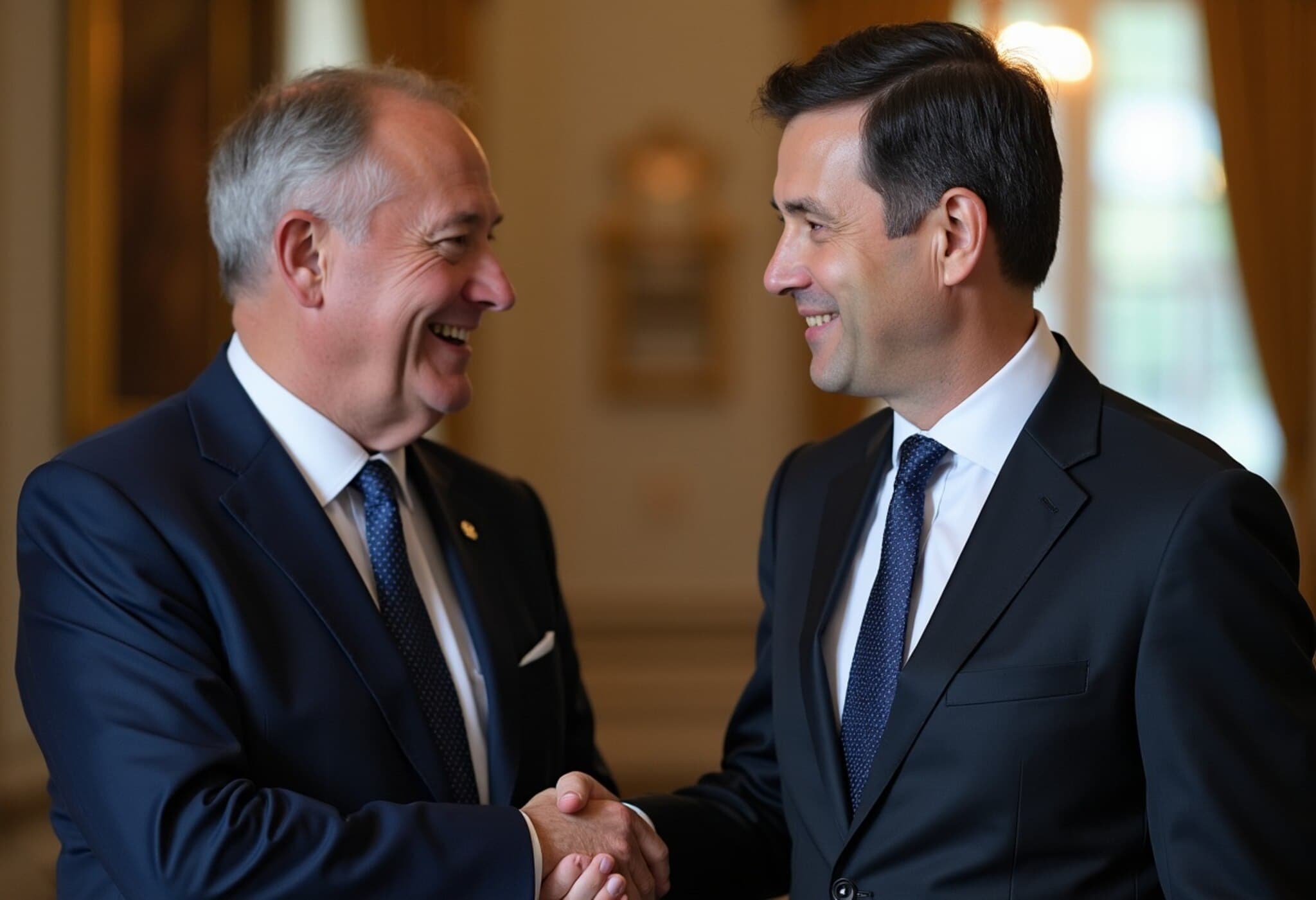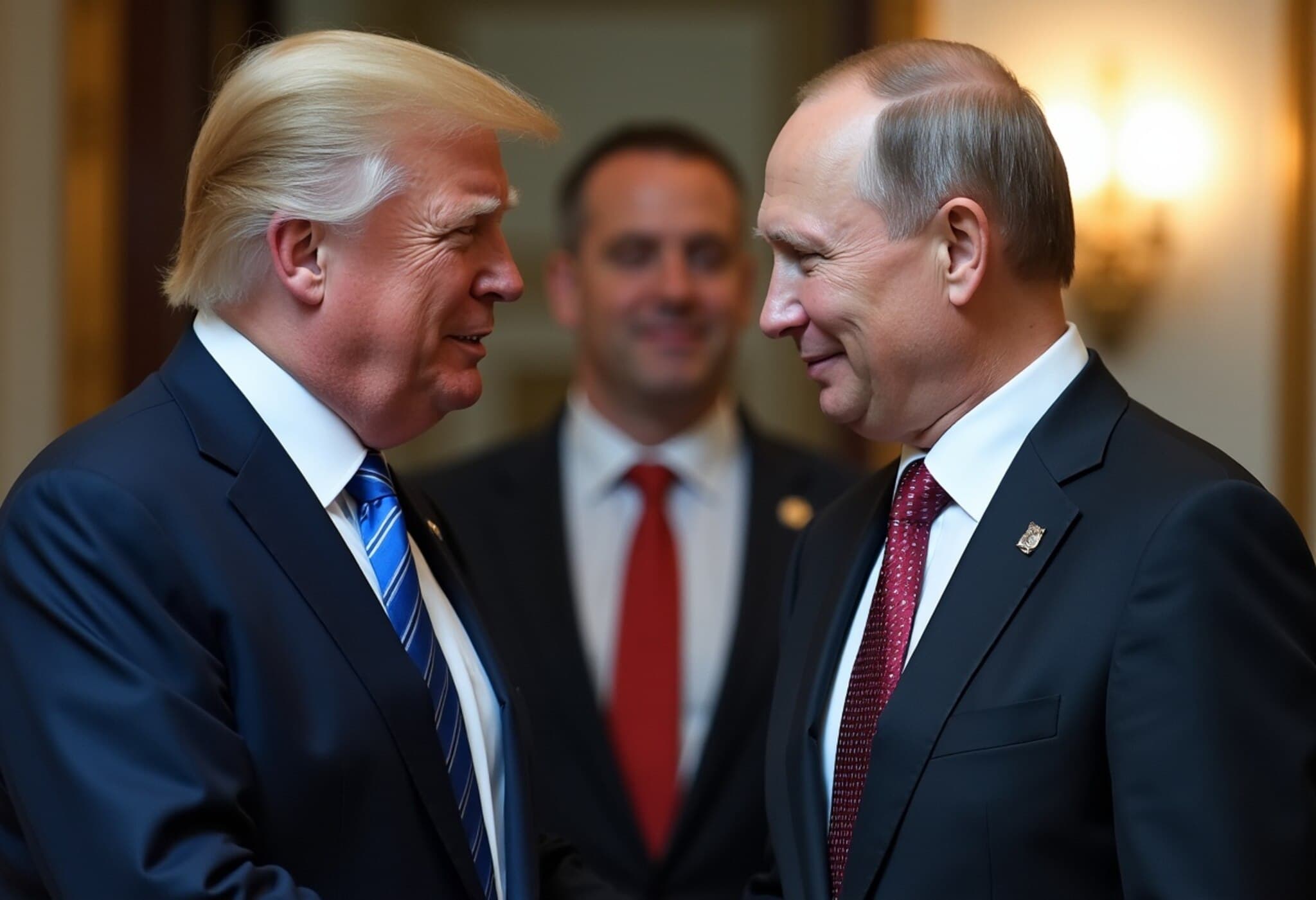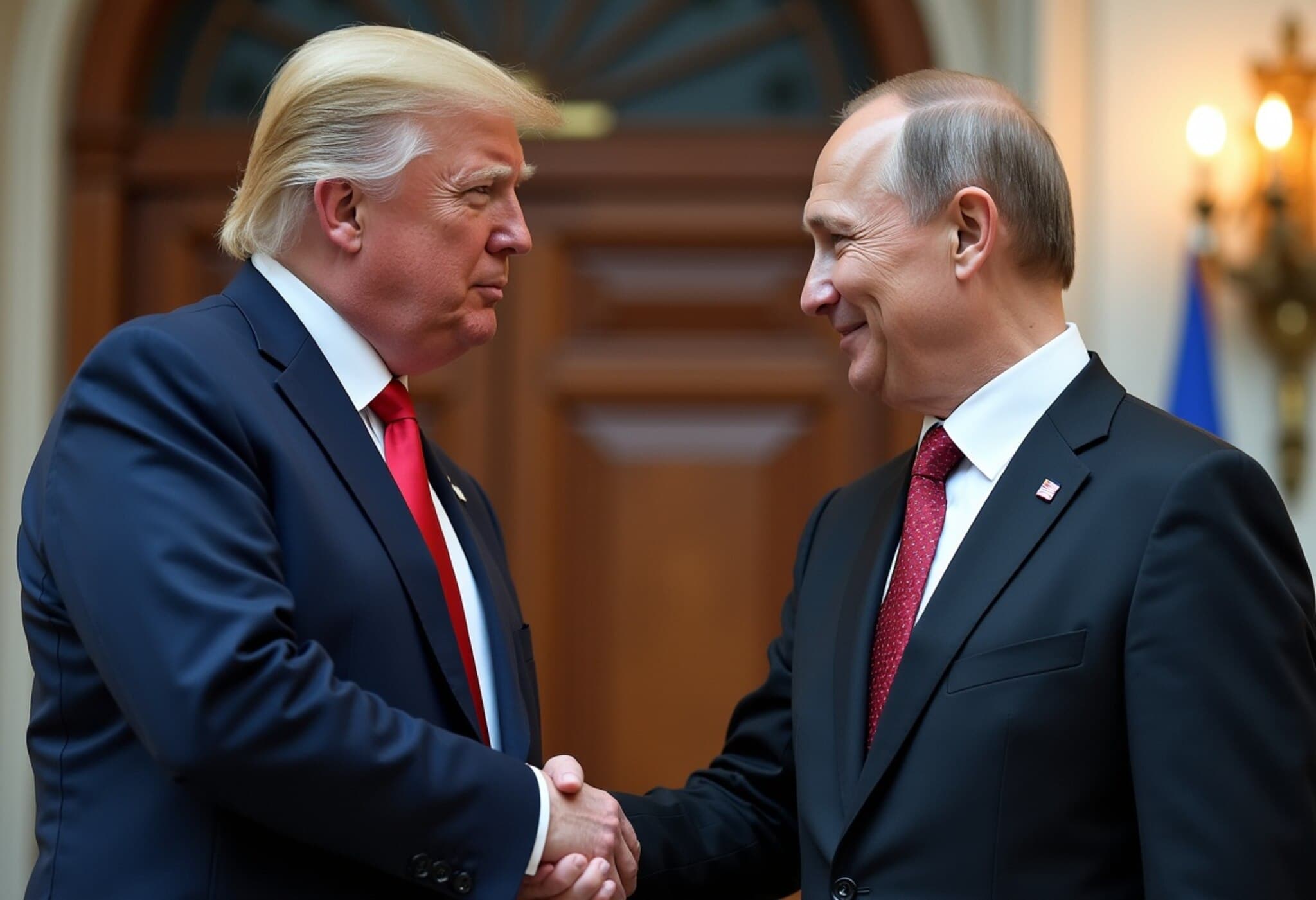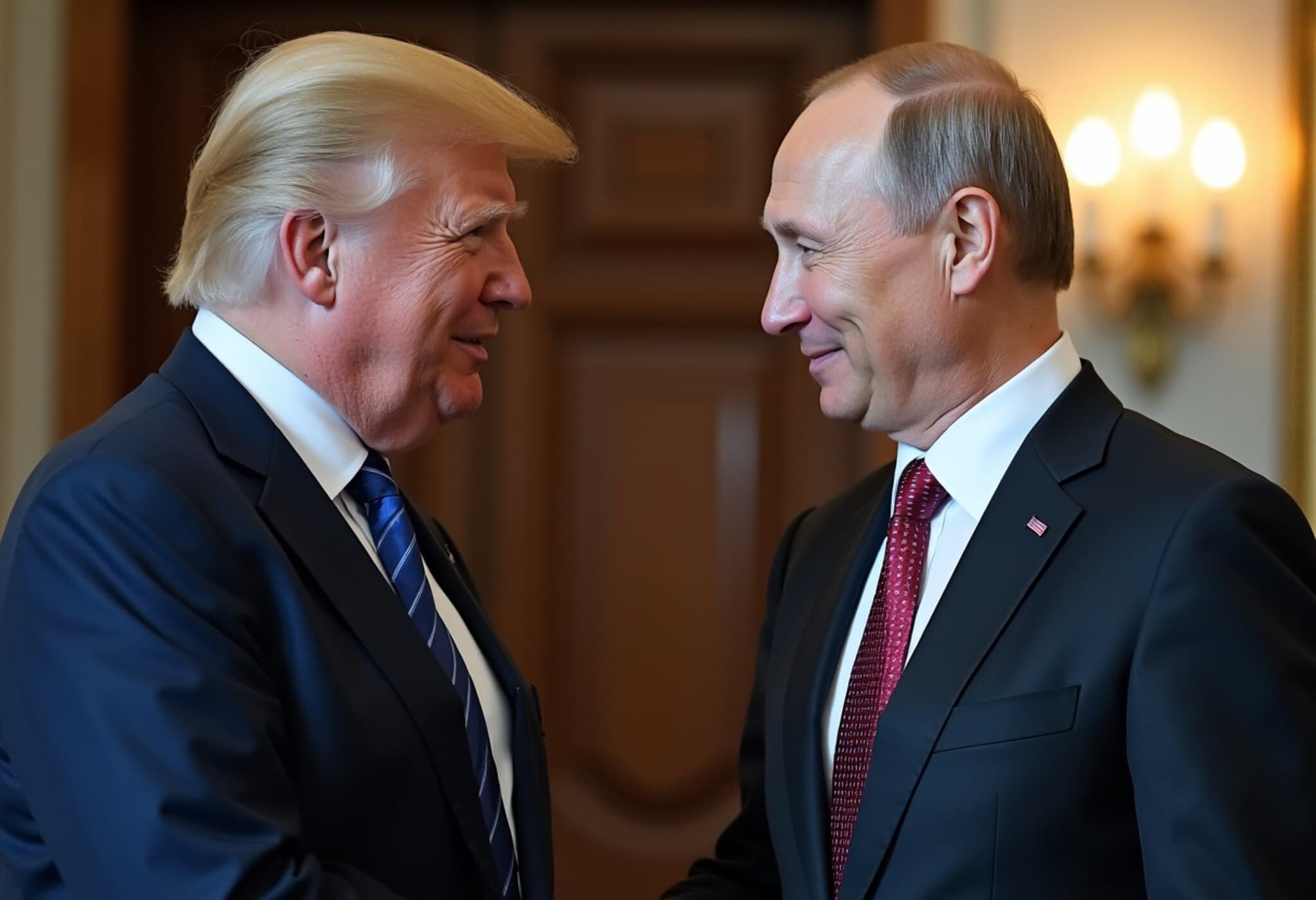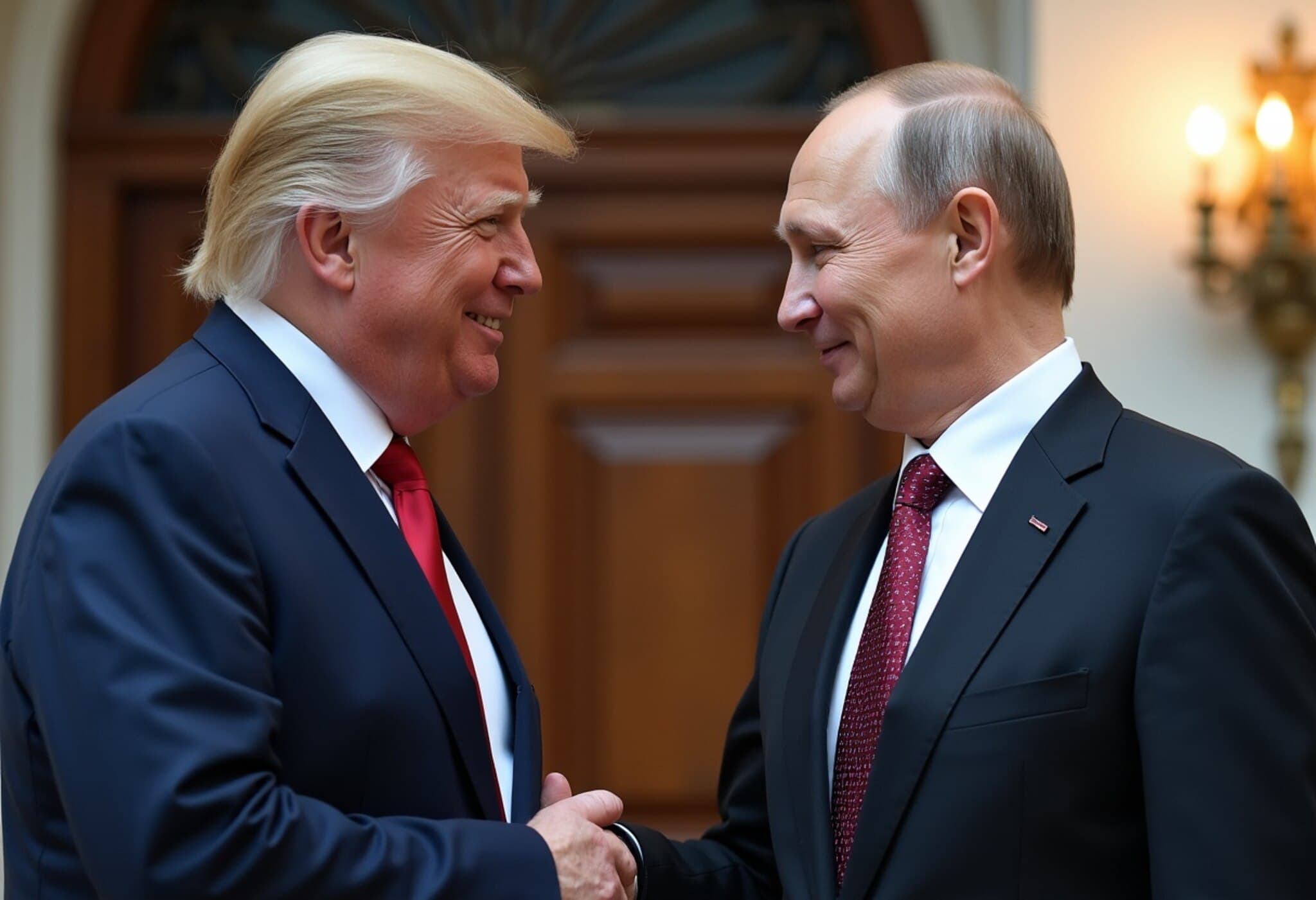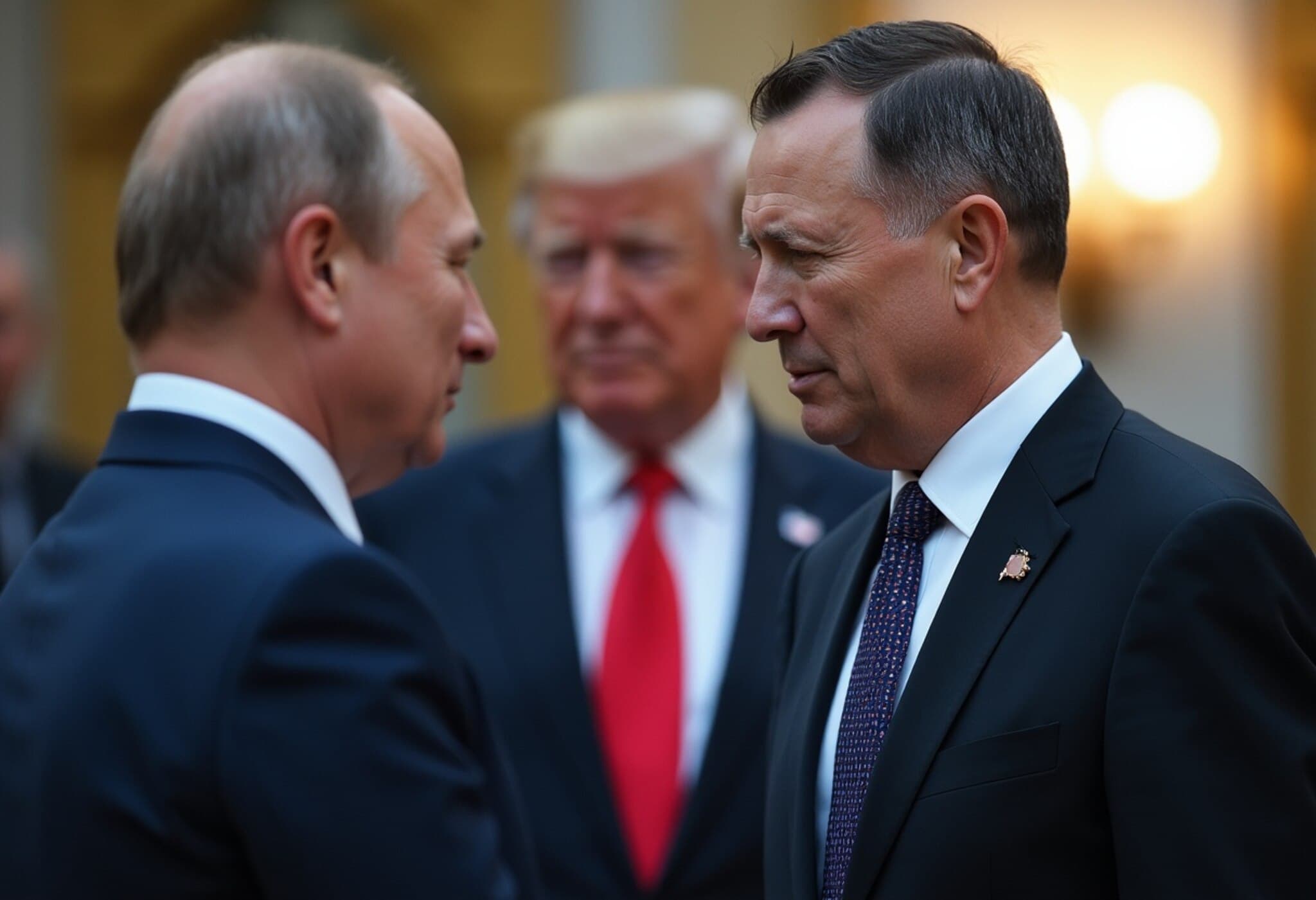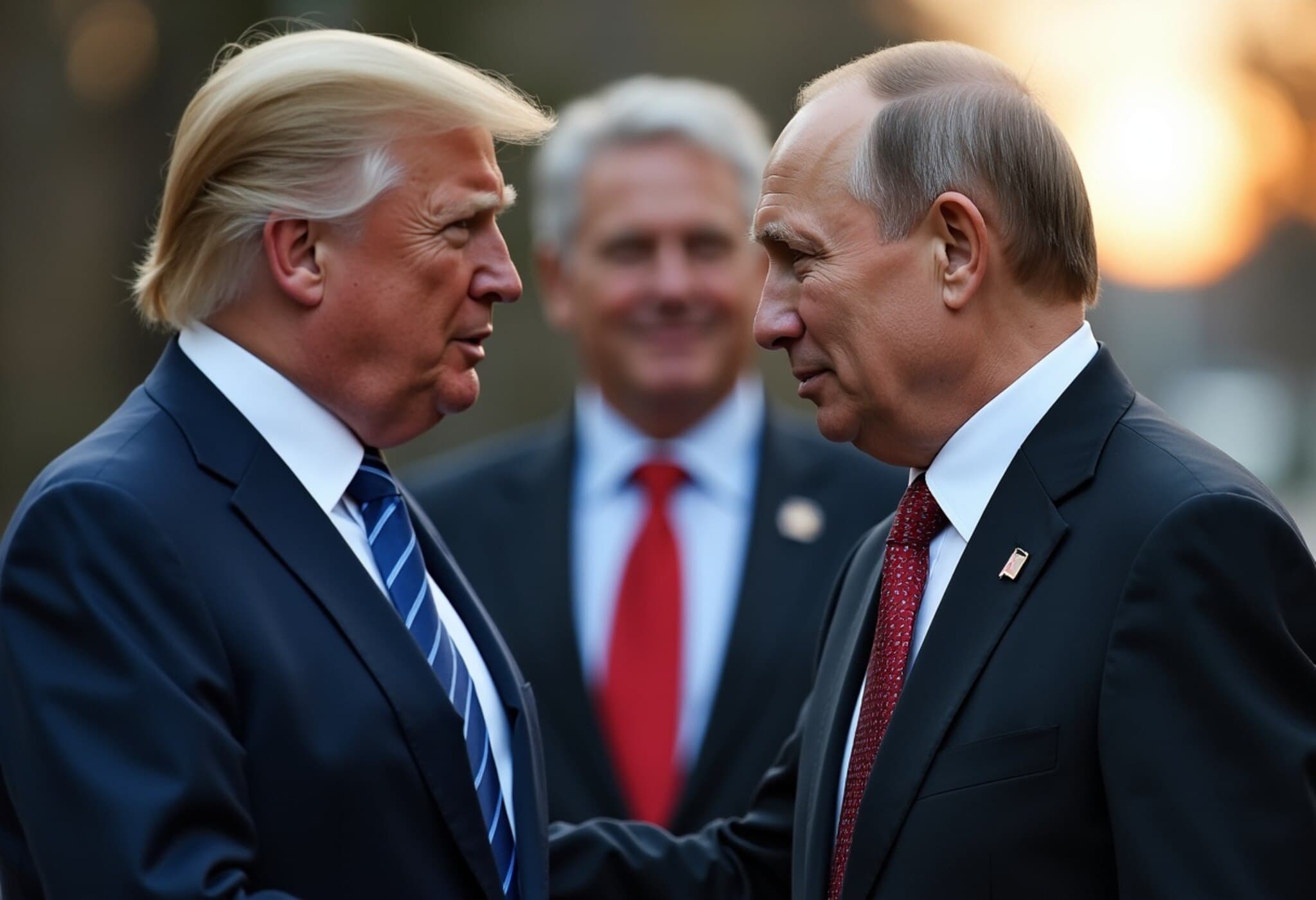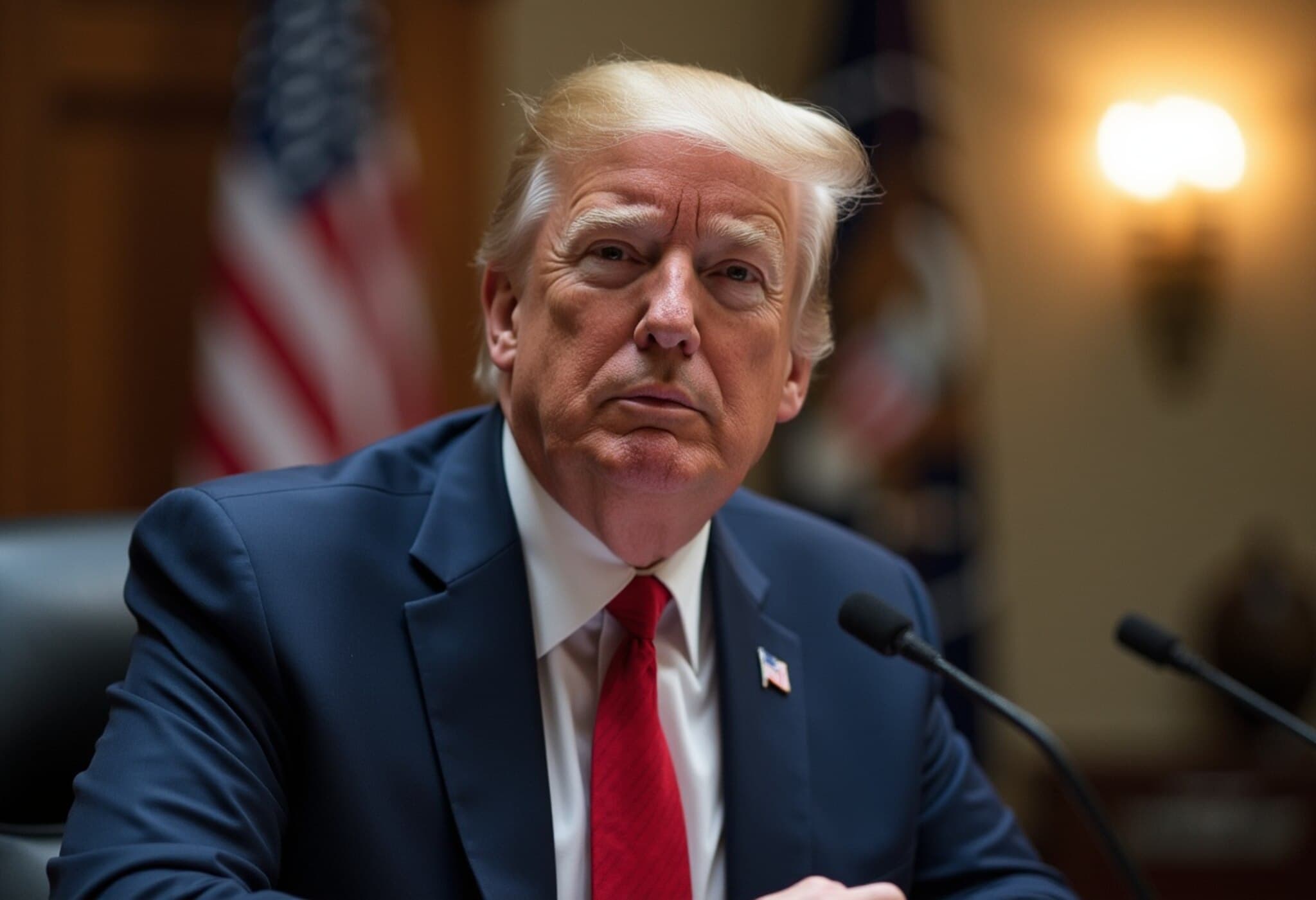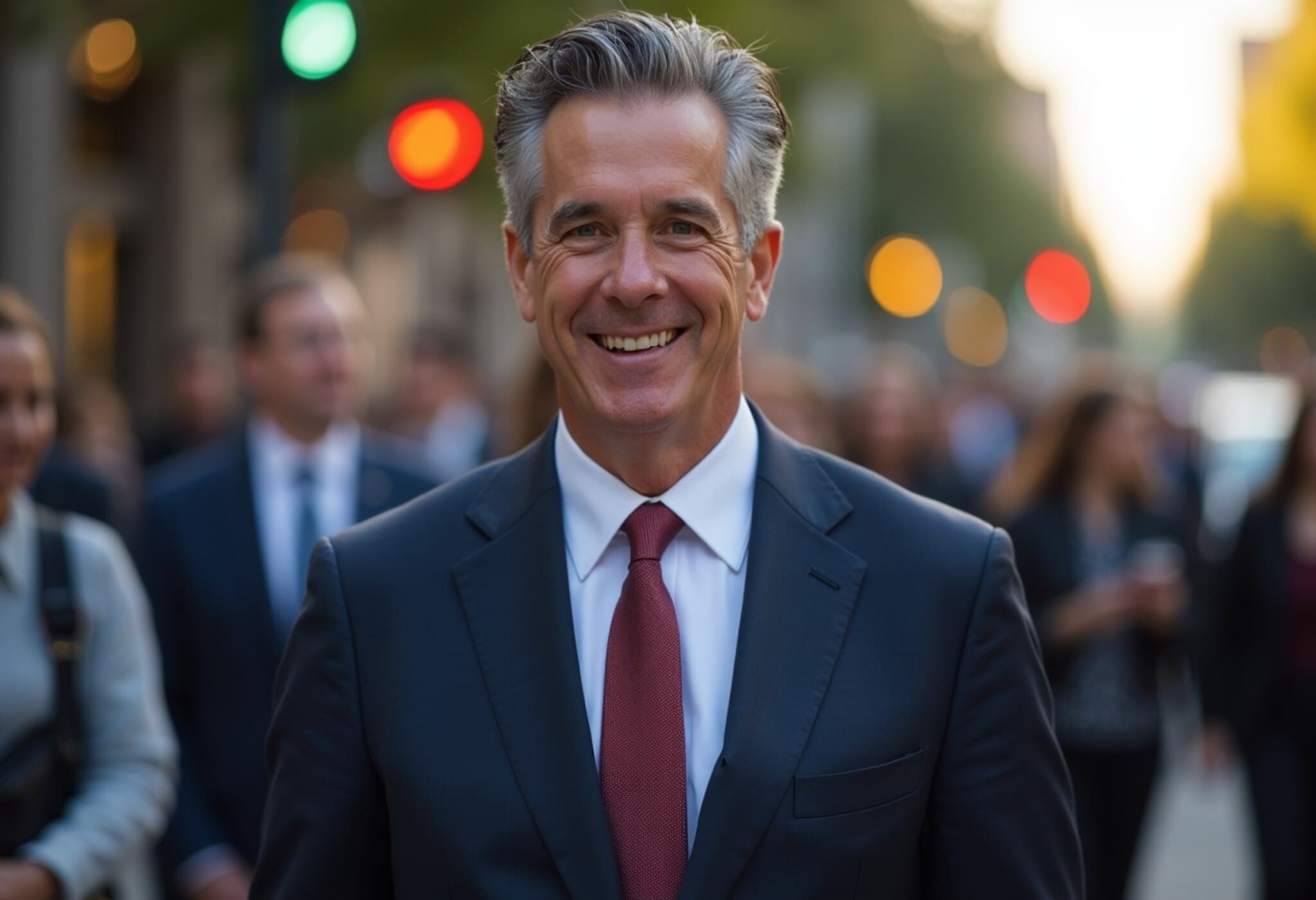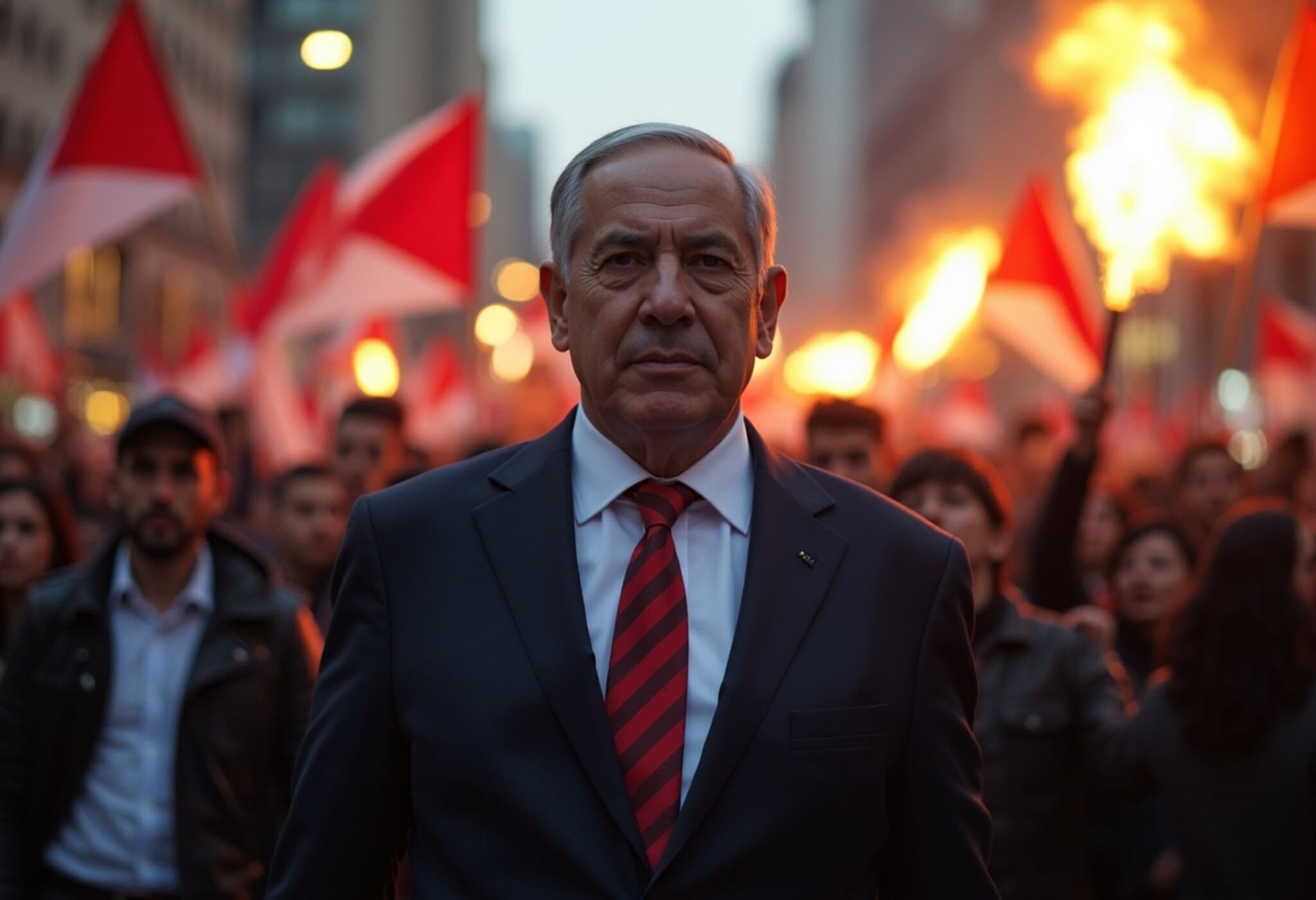US and UK Officials Host High-Level Ukraine Peace Discussions
In a significant diplomatic move ahead of a pivotal US-Russia summit, US Vice President JD Vance and UK Foreign Secretary David Lammy convened a strategic meeting with European partners and Ukrainian officials at Chevening House, Kent, on Saturday. The gathering aimed to chart a pathway towards peace in the protracted conflict between Ukraine and Russia, underscoring the West’s commitment to supporting Ukrainian sovereignty amid fraught geopolitical tensions.
Backdrop: A War’s Human and Territorial Toll
The Ukraine-Russia conflict has stretched over three and a half years, inflicting devastating casualties on both sides. The war has become one of the most consequential security crises in recent decades, influencing the geopolitical landscape across Europe and beyond. Against this backdrop, US President Donald Trump set the stage for a direct dialogue with Russian President Vladimir Putin in Alaska, scheduled for the following Friday. However, President Putin has declined opportunities for direct talks with Ukraine’s President Volodymyr Zelenskyy, raising concerns about sidelining Ukraine in critical peace negotiations.
Zelenskyy’s Firm Stance Against Territorial Concessions
President Zelenskyy has publicly rejected US President Trump’s suggestion that peace might require "some swapping of territories." In a resolute statement, Zelenskyy emphasized Kyiv’s refusal to cede any Ukrainian land, declaring, "Ukrainians will not give their land to occupiers," reaffirming the nation’s steadfast defense of sovereignty and territorial integrity.
Key Participants and Diplomatic Dynamics
The meeting brought together a formidable assembly of national security advisers and senior officials:
- Ukraine: Rustem Umerov, Secretary of the National Security and Defence Council, and Andriy Yermak, Head of the President’s Office.
- United Kingdom: Foreign Secretary David Lammy and Prime Minister Keir Starmer, who engaged in pre-meeting dialogue with Zelenskyy.
- United States: Vice President JD Vance and other security officials.
- Europe and NATO: Representatives from the EU, France, Germany, Italy, Finland, and NATO.
Lammy reaffirmed the UK’s unwavering support, stating, "The UK’s support for Ukraine remains ironclad as we continue working towards a just and lasting peace." Meanwhile, Vance emphasized the collaborative effort to find "next steps for peace in Ukraine," emphasizing unity among Western allies amid complex diplomatic challenges.
Analysis: Balancing Power and Principles in Peace Negotiations
This summit-style meeting highlights the intricate balancing act faced by Western democracies: striving to end hostilities while upholding international law and protecting Ukraine's sovereignty. From a legal and policy perspective, conceding territory could set a precarious precedent undermining the international rules-based order that condemns aggression and illegal annexations.
Moreover, the apparent exclusion of Ukraine’s voice at direct US-Russia talks raises critical questions about the role of the affected nation in its peace process. Experts warn that sidelining Ukrainian representation may weaken long-term peace prospects and fuel regional instability.
What’s Next?
With the US-Russia summit imminent, attention turns to how these multi-lateral discussions at Chevening House will influence the high-level US-Russian dialogue. The outcomes could reshape diplomatic strategies and impact global security architectures. The West faces the daunting challenge of balancing pragmatic negotiations with principled support for sovereignty and democratic values in a volatile geopolitical environment.
Editor’s Note
The recent peace talks illuminate both the promise and pitfalls of diplomacy in conflict resolution. While the convening of allies signifies strong solidarity with Ukraine, the undercurrent of realpolitik—illustrated by territorial concession discussions and Ukraine’s marginalization in direct talks—raises essential ethical and strategic questions. For readers and policymakers alike, monitoring how these negotiations evolve offers crucial insight into the future of European security and the resilience of international norms.

